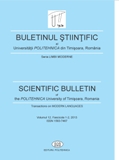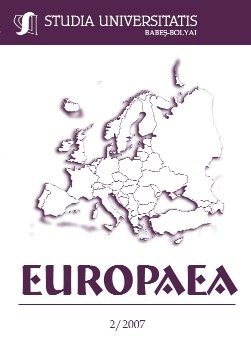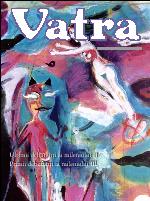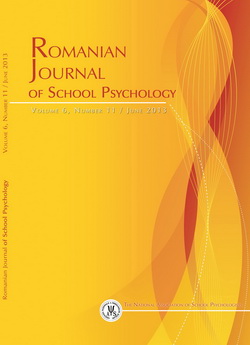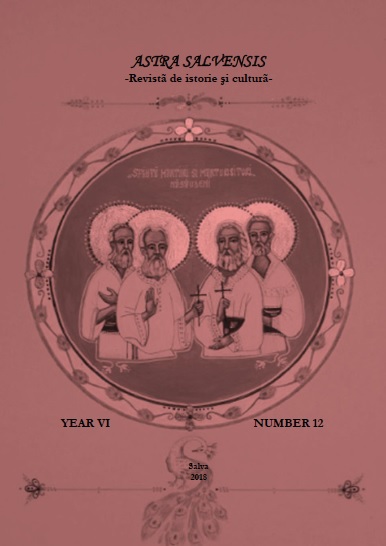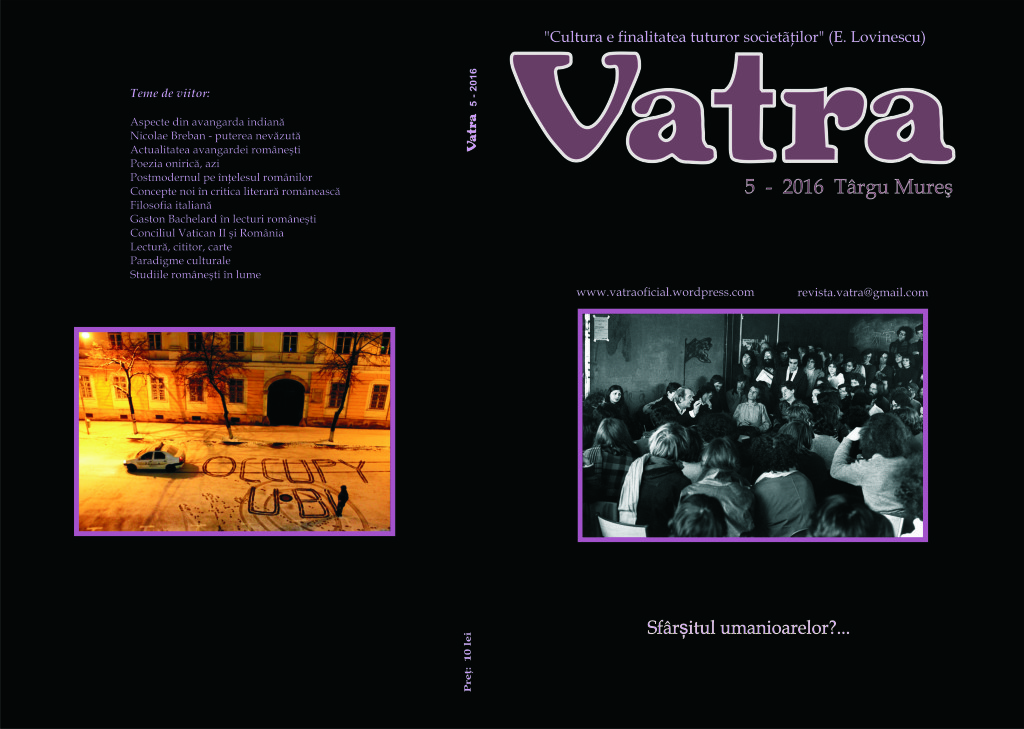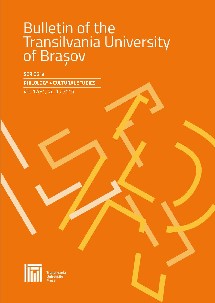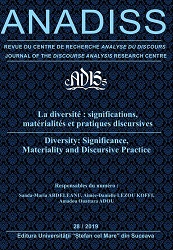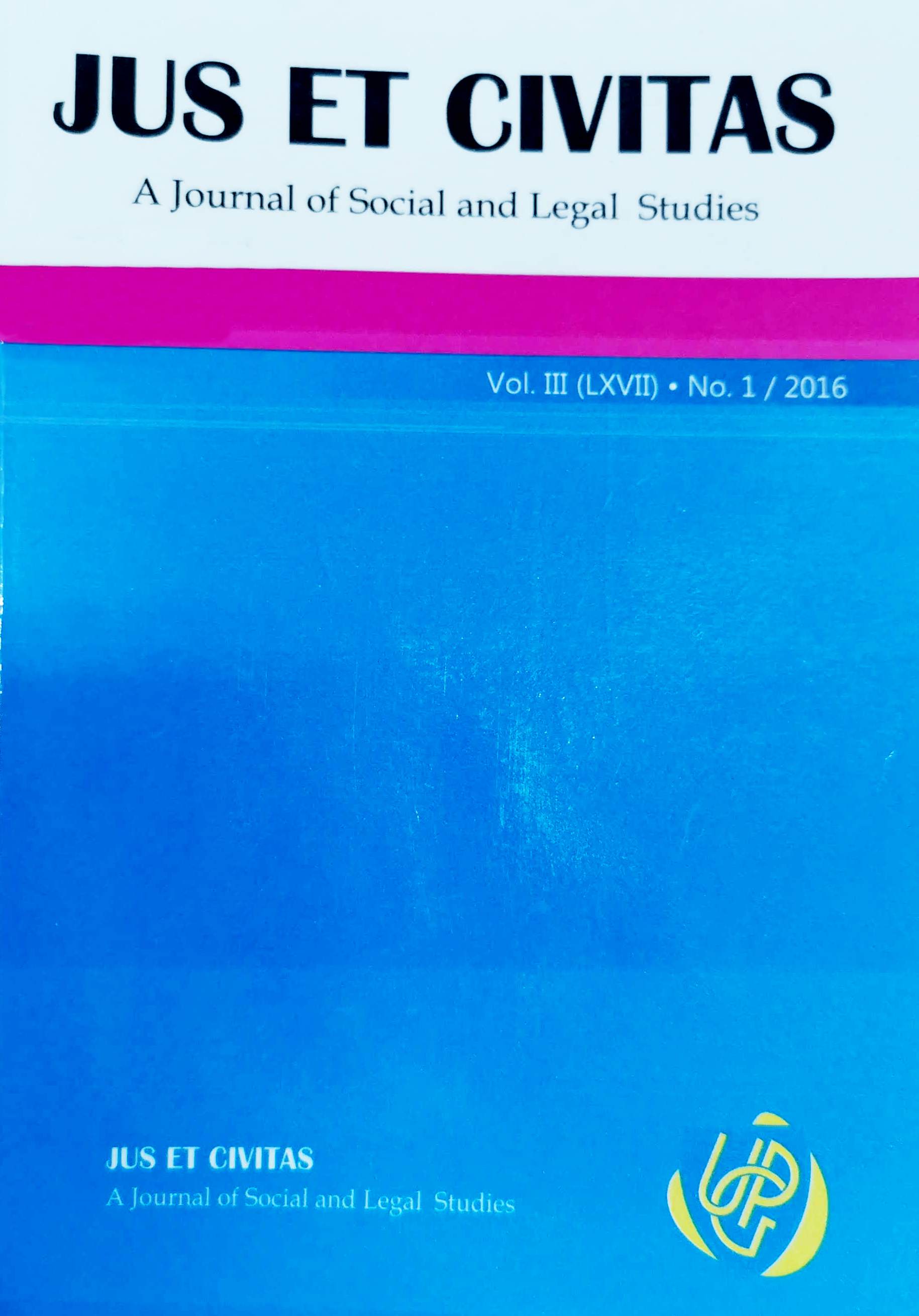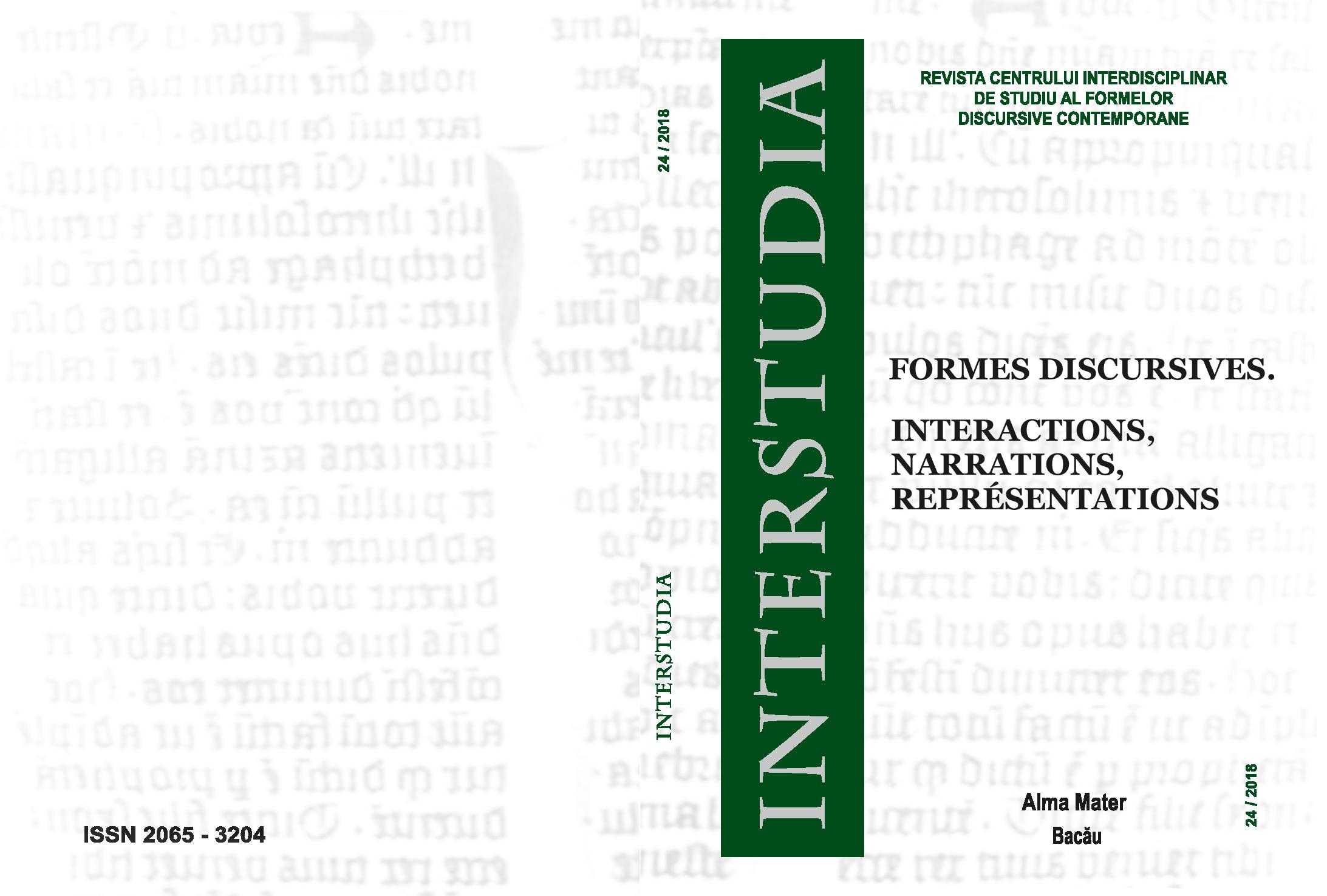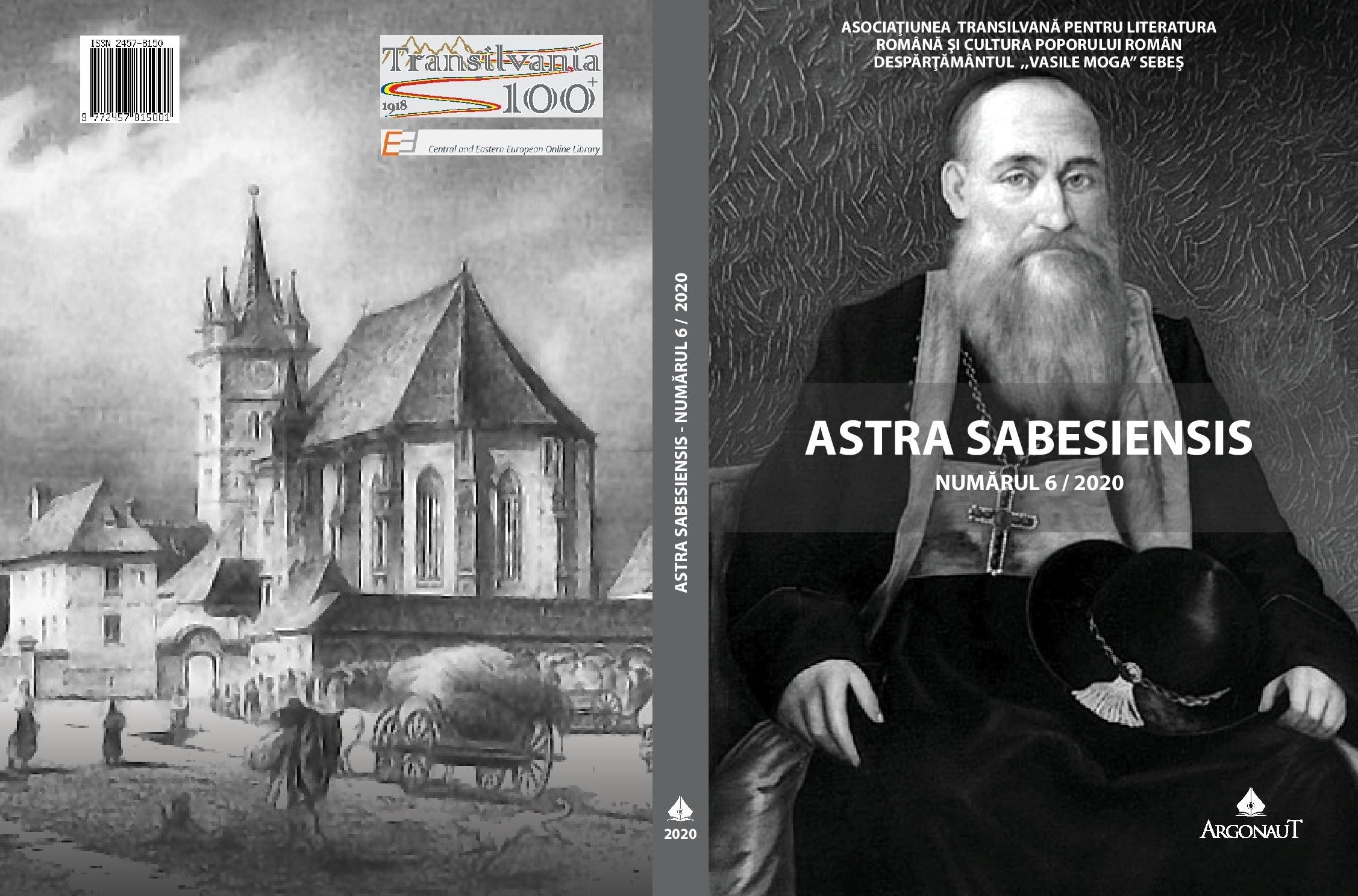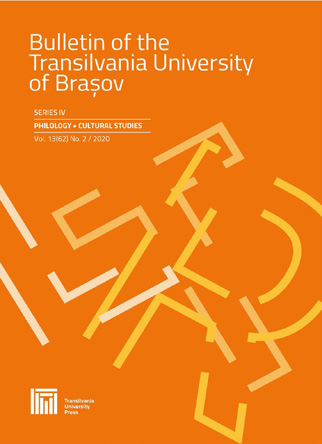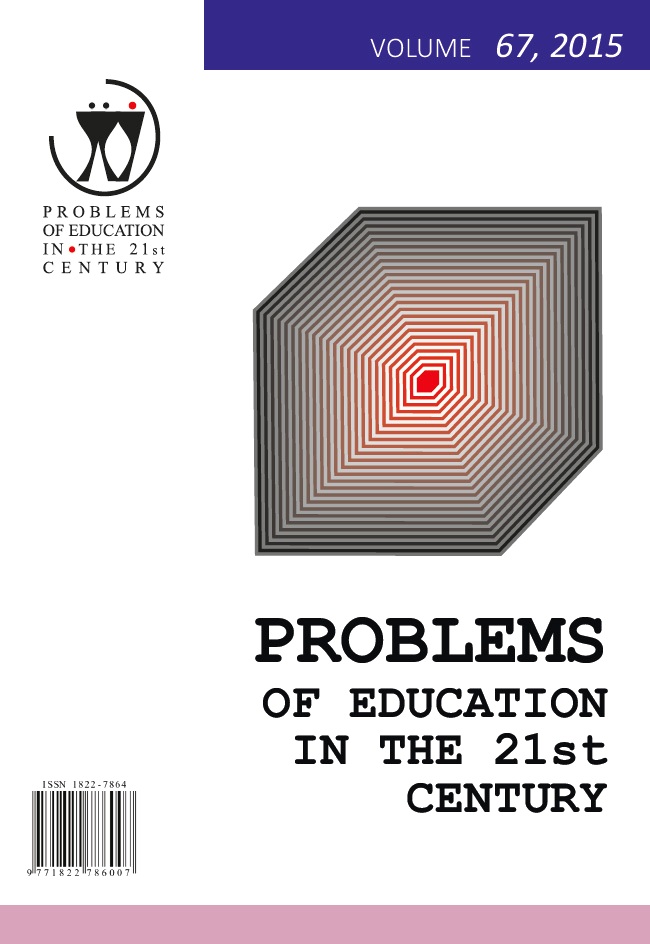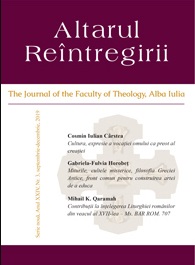SOULS IN EXILE AND LOST IDENTITIES IN HOTEL DU LAC
HOTEL DU LAC’TAKİ SÜRGÜN RUHLAR VE KAYIP KİMLİKLER
Keywords: Anita Brookner, flâneur, Hotel du Lac, gender, identity, alienation
In every age, women are intruded on by patriarchal society which breaks into their lives and their bodies, and so commodifies them, to be used and abused by the patriarchs as tools of the ideological male point of view. In Hotel du Lac, the protagonist Edith Hope, writer of romantic fiction under the pseudonym Vanessa Wilde, is sent to Hotel du Lac for rehabilitation since she reacts against the voices of patriarchal ideology. This study, establishing a connection between the setting and the atmosphere of the novel with that of detective fiction, will analyse Edith’s desire to be in control of her own life while ignoring patriarchal societal norms. The theory of the alienation of meaning in the detective story will be analysed in terms of the protagonist Edith Hope’s alienation both from herself and her society in which she is seen as a threat, either as a detective or a victim, who is awakened to the restoration of disembodied signs in the setting of Hotel du Lac.
More...
